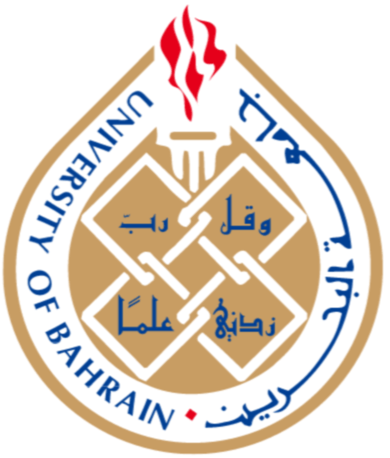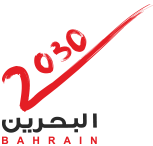NEWS
In Cooperation with A Research Team From GCC

In Cooperation
with A Research Team From GCC
An Academic at UOB
Uses Microbes for Diesel Desulphurization
The Dutch scientific journal
“Biotechnology Reports” published an applied environmental study, in which the
Assistant Professor in the Department of Life Sciences at the University of
Bahrain (UOB), Dr. Maison Nizam Awadh participated as part of a team that
included a group of researchers and experts from the GCC universities. The
study aims to use types of biological microbes that work to desulphurize diesel
fuel in petroleum refineries since Sulphur causes environmental and health
problems, as it affects the tissues of the upper respiratory tract, eyes, and
skin.
The researcher Dr. Awadh, worked
on separating a mixed-strains bacterial farm from Galali Lake in the Kingdom of
Bahrain, and then studied its ability to bio-remove Sulphur from diesel fuel.
Furthermore, Dr. Awadh confirmed that the study revealed that the reason for
the lake’s pink color is caused by the presence of Sulphur-reducing bacteria
using inorganic sulphur present in the surrounding medium to produce food, as
the bacteria use natural pigments with bright colors found in their cells to do
photosynthesis and make their own food. It is noteworthy that Galali Lake,
which has a distinctive pink color, appeared in an area prone to marine fill,
as the first salty lake of its kind in the Kingdom of Bahrain.
Also, Dr. Awadh explained that
what distinguishes this study is the use of advanced OMEX techniques to study
the biological and functional diversity of the bacterial communities present in
the different environmental samples, as the OMEX techniques are mainly based on
the direct extraction of the genetic material of the microbes present in the
environmental samples, which prevents 99% of the defects of the traditional
method that is based on microbial farming using food cultures.
The research and study team
included professors from different Gulf universities, led by Professor Wael
Al-Muslimani, a specialist in microbiology and environmental biotechnology at
the Arabian Gulf University, Dr. Huda Mahmoud, a specialist in marine
environmental sciences and microorganisms at the University of Kuwait, and
Professor Raed Abed, a specialist in marine environmental sciences and
microorganism at Sultan Qaboos University.
It’s worth mentioning that the
Dutch scientific journal Biotechnology Reports is the most prestigious
scientific journal with a high scientific index in the field of biotechnology
research and falls under the umbrella of the international publishing house
(Elsevier).
















